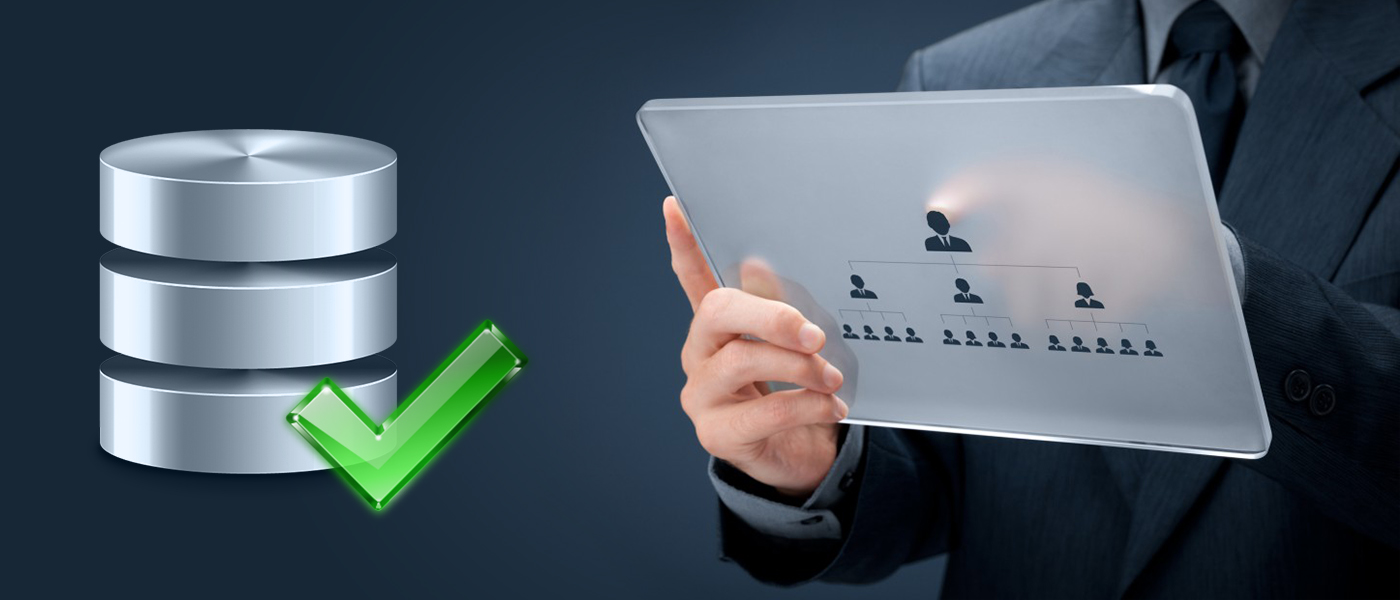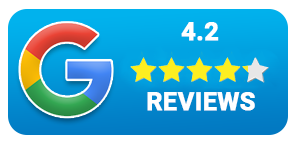So the database is vitally an essential asset for your organization. Not so for of the truth -data is indeed the most valuable commodity that a company can have. Whatever may be the size of your organization, right data with the detailed information of your target audience is the success key to drive leads and generate sales.
A research by Cloud lead says that 30% of the business objectives are likely to fail because of the wrong data.
While it’s easy to see why data has become such an integral and essential aspect to modern businesses, new pitfalls are arising daily as technology evolves. It’s no surprise that the right data is at the top of the priority list. In today’s highly competitive landscape, customer demands, legitimate database can certainly power up your business objectives and help you reach your marketing goals.
If you don’t have a readily available database, the one solution is to buy a marketing database which will fit into your campaign. Although this is an active medium, with a lot of uncertainty about the data quality on offer, buying data is never an easy decision. It is essential to hone in and understand if you are genuinely on the right path to take.
Here in this post let’s discuss the need for buying the right marketing database and maximizing your benefits:
1. Revisit Business Goals:
Depending on the type and size of your business, establish the goals that can help you discover what you would like to accomplish. Ask yourself, whether you want to promote your new business, generate sales, nurture leads, create brand awareness, customer acquisition and more. This will fetch you with the focused answer and clearly articulate your objectives while making it easier for you to identify your true goals and attract more customers.
Once you have your goals set, it’s vital that you align them in reality by allocating the time and resources which can further determine your benchmark for success. While you define goals, make sure you create specific goals that are SMART. Smart off course is an accurate, measurable, attainable, relevant and timely. For example, if your objective is to accomplish brand awareness, you will need to focus on creating specific social media content that is shareable, helpful and engaging. Social media has always been a smart way to find a new customer or drive traffic to your website.
2. Choose The Right B2B Provider:
When you are done setting up your big goals, the next important step is to choose the right database provider. Any company with defined goal shouldn’t be spending time on manually gathering data when any data is readily available. However, it indeed isn’t an easy task to choose from when there are so many big names in the lead generation market and loads of emerging ones. All that matters is to do your research and make your choice right.
There are a few things that can help choose the right B2B provider:
Geography Matters: Your service provider may have data of over zillion company. But it won’t serve your purpose if that doesn’t fall under the geography that you want to target. So be cautious and ask for what you want along with the sample data.
Deliverability Guarantee: Sure when you send a parcel, letter or an email, you first want to be sure if that gets delivered to the intended address. However beautifully designed and well-crafted your email can be, if it end up hitting the spam folder, all your effort will go in vain. So choose a partner who can 95% deliverability guarantee with other best practices.
Contacts & Their Quality: Bigger isn’t always the better, specially when it comes to list management. Ensure to prioritize quality over quantity. It is beneficial if you narrow your focus to achieve the quality rather than blindly targeting as many consumers as possible.
Performance: Purchasing a buggy email list is something that everyone wants to avoid. It should be capable enough to add more efficiency to your business. In the end, every penny spent should be worth the benefits derived from it.
3. Select The Right Marketing Channel:
There are roughly around 16 marketing channels available to us and choosing the one that is right for you can be challenging. The right one can mean success, and the wrong can doom your new business. You may want to use even a multichannel approach to drive brand awareness, but be well-thought-of before you execute any plans.
Here are few things to take into account when deciding on the proper channel:
Know Your Product: Knowing your product means knowing your business. While you already have the best product to sell, it’s also essential to know who gets to use it. Do your research in advance and know your audience better. Knowing your target market is central to any marketing strategy. Once this is done, wisely choose the marketing channel that can help your business succeed with.
How to Approach Your Target Audience: Depending on your business type, you need to contact your audience. If are a marketer who would like to connect with professionals or high-level business personalities, perhaps telemarketing, direct mail, or email – or a combination of the three will work. If you are a marketer who would like to promote your product and your clients fall between the age group of 20 to 30, then a social media marketing would do.
Take Away:
Just as no two businesses are same, no single strategy can fit in all the activity. Take your time and craft your module that can substantially help your organization make the most of the B2B data.





